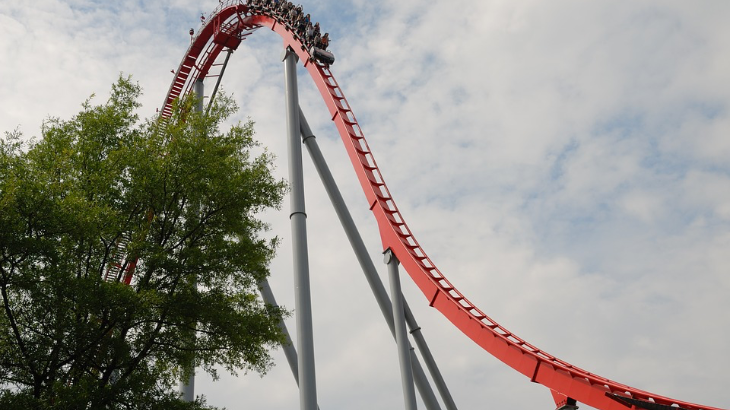When FDR made his famous quote, “the only thing we have to fear is fear itself,” the nation was in the throes of a Great Depression. Those words sent a necessary message to an increasingly anxious population; that acting off of worry is more troublesome than what caused the worry in the first place.
Even as times have changed, that message still resonates: Making knee-jerk decisions is ill advised.
This is especially true in real estate, which has seen its share of volatility in recent years. While an economic downturn (or the threat of one) doesn’t traditionally impact the housing market as much as other sectors, there’s no doubt that it remains a factor. And although the forecast is generally sunny for the industry, the threat of a coming recession too often snowballs into poor choices. Ironically enough, it’s typically because property owners react to the news and wind up outsmarting themselves in the name of proactivity.

“Investors panic when home values go down and, in some cases, will try to walk away and hand over the property back to the bank,” said Shankar Thayver, founder of Trintals.com, a leading full-service home rentals site. “Real estate investments are long term. Any asset owned over a long period will see its value fluctuate.”
Considering this, Thayver added, investors should look at a down market as a prime opportunity to purchase more — or, at least, hold steady. “Checking the value of the home often does no good,” he said. “The key is to keep it rented so the cash keeps flowing.”
Like many others inspired by the early 2000 market boom, Thayver blindly jumped into real estate investing, starting with a few purchases. . . However, upon the post-9/11 housing bust, he soon began to second-guess his decisions, as he was cash-flow negative for all properties and betting on the market to go back up.
He quickly learned a hard but valuable lesson. “You can never bet on what the market is going to do,” Thayver said. “The sad part is even the professionals were acting in a frenzy, unable to see beyond the short-term turmoil.

Where Thayver differed from the rest of the pack was, while many cut their losses and returned properties to the bank through short sale, he looked at how the best minds in real estate were making money, regardless of the time. “So at the bottom of the market in 2010, when no one wanted to buy, I went all in and bought as much as the lenders would allow me,” he said. Since then, most of what he bought has more than doubled in value.
The real estate market has always been a bumpy ride over exciting peaks and dreadful valleys. Thayver’s advice for skittish investors? Make decisions based on facts, not emotions; and on large sample sizes instead of speculative numbers in a vacuum. “Owning real estate is like owning a small business,” he said. “If you’re new, start small, get a taste for it, and then build your portfolio while you dig in for the long haul.”

